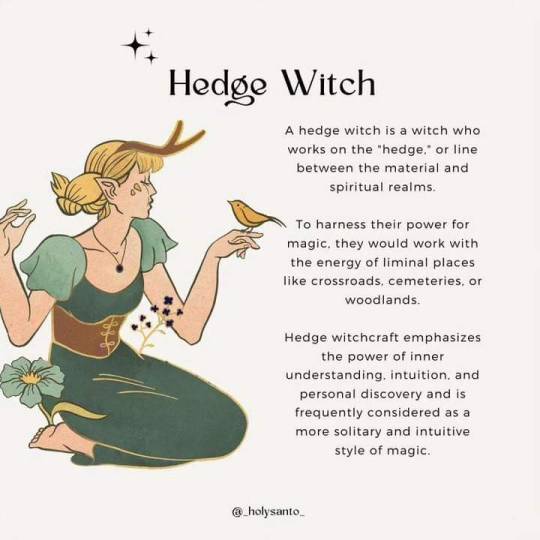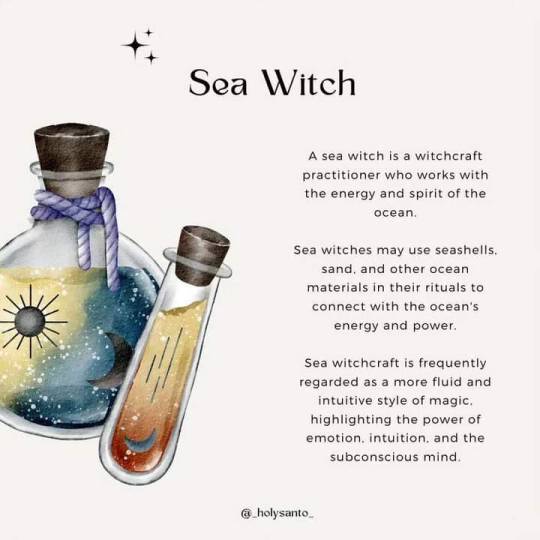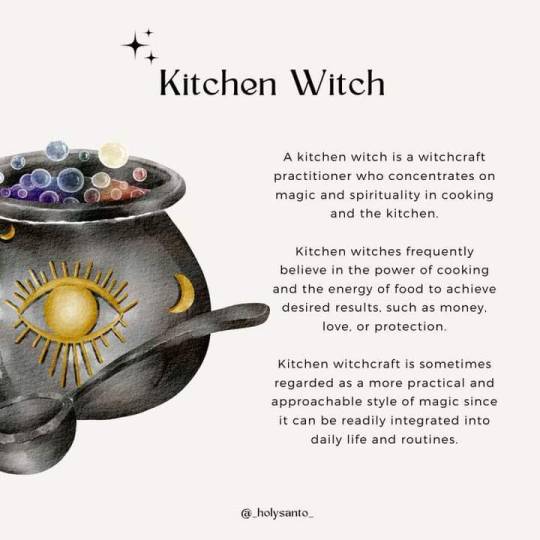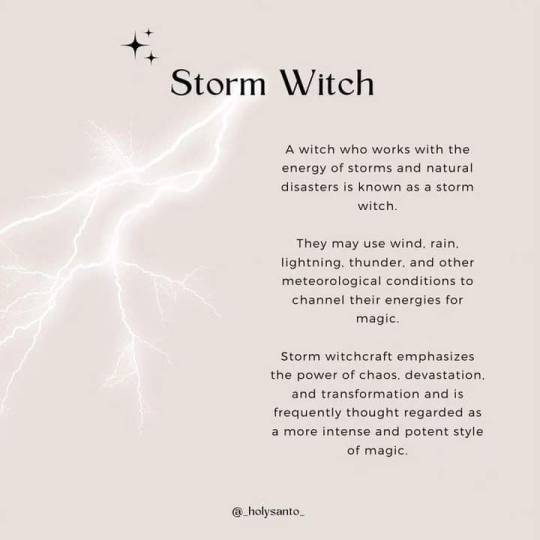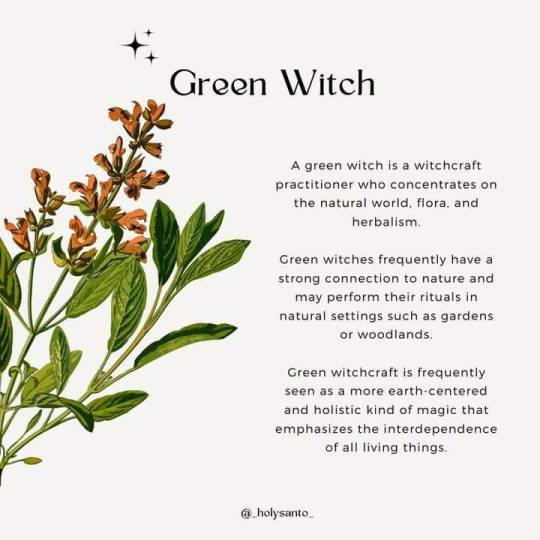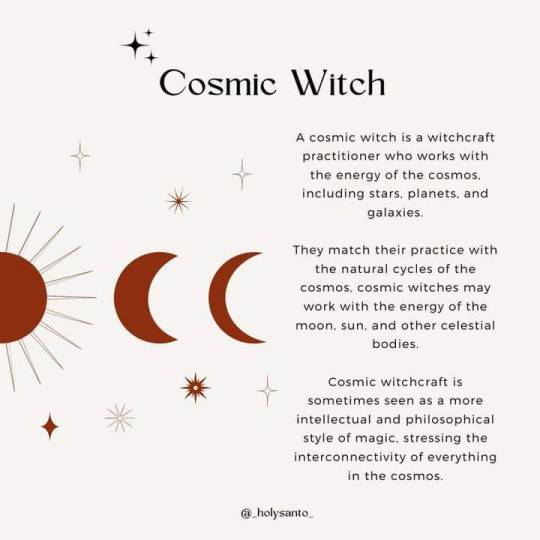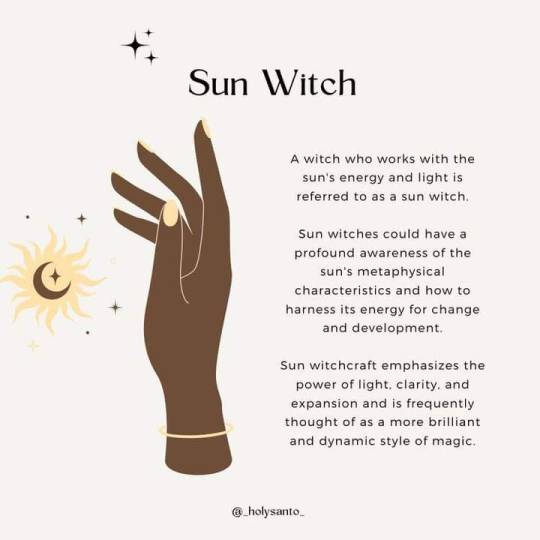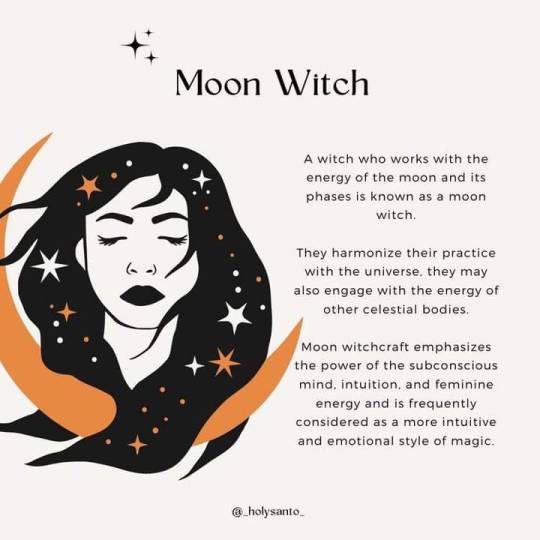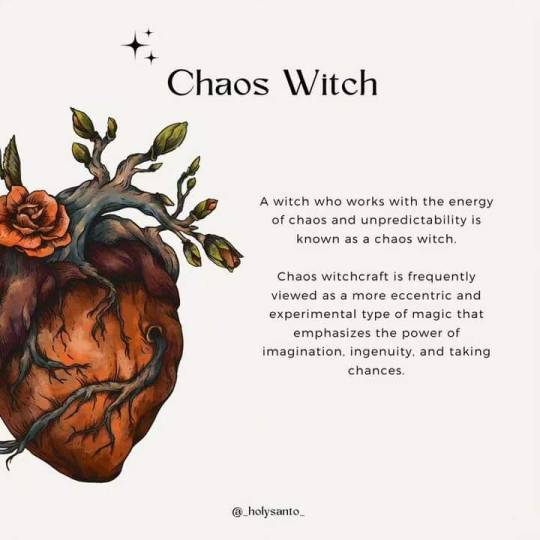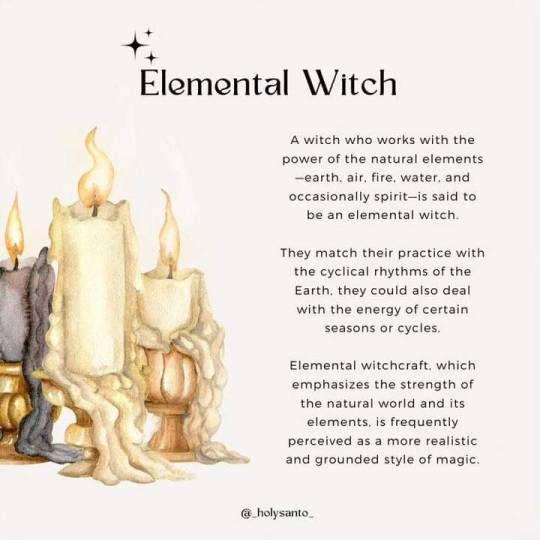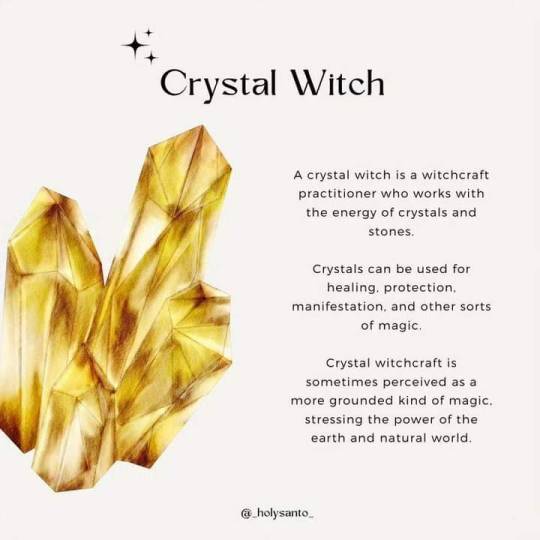Don't wanna be here? Send us removal request.
Text
Writing
Grandma’s lesson on specialties
Child, just because one specializes in a certain area doesn’t mean that they forsake all other areas. It just means that that area is where their power truly comes out. Any witch would be foolish to forsake potion making for the sake of chanting. When used together, the results are truly magnificent. The point of specializing is to say “this is what i am good at” and then apply it to all other aspects. That is the problem with witches today, most don’t ever mix their specialty with all other aspects. A divination witch could use a tarot deck to tell him or her how to make a potion or even use their intuition to guide them.
12 notes
·
View notes
Photo
Dreamer

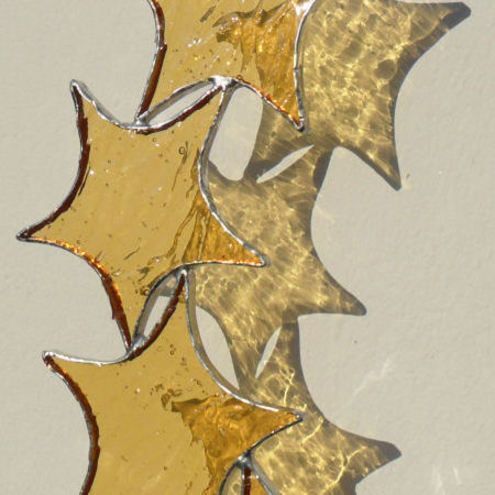

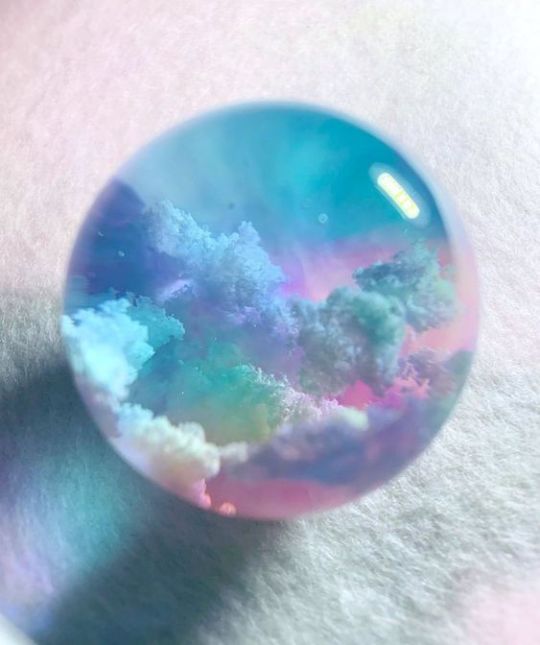
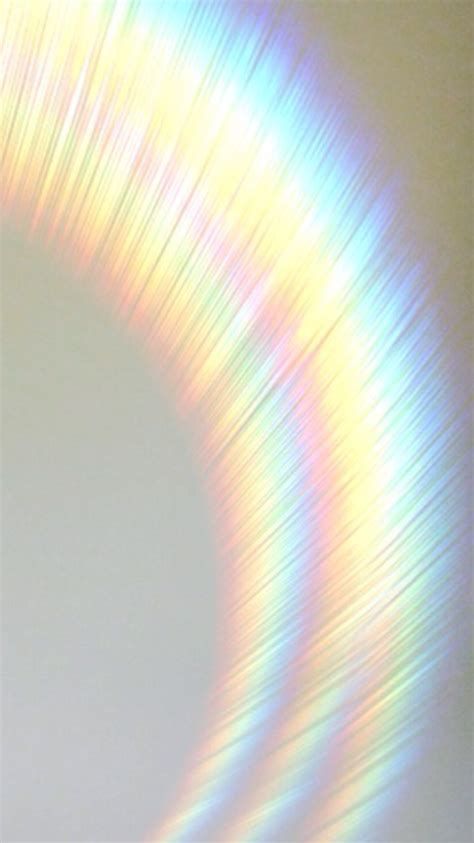

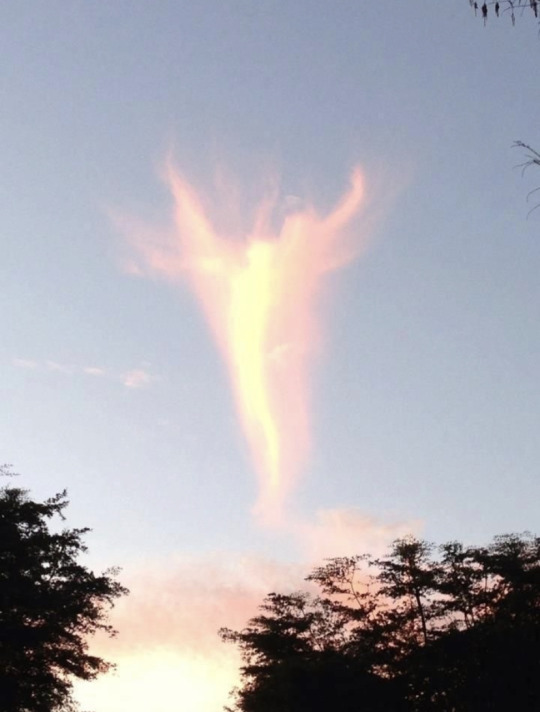
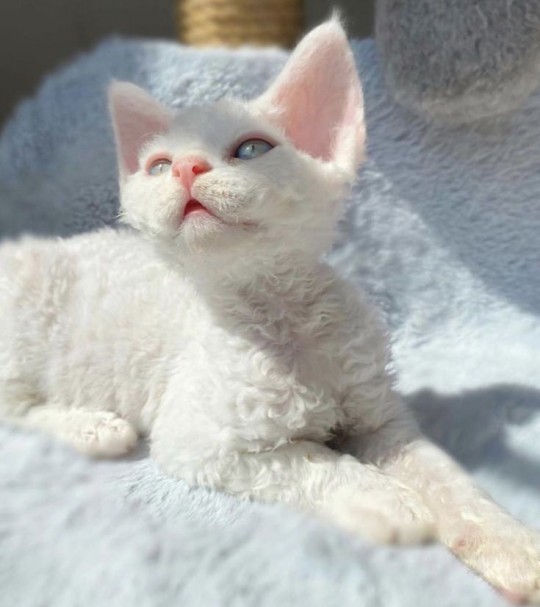

INFP | The Mediator & Dreamer
Imaginative, unique and curious, INFP’s have strong values and stick to them no matter what - they’re not easy to sway. Always standing out from the crowd, this personality is always open-minded and introspective.
633 notes
·
View notes
Text
1 note
·
View note
Text
Magical practices for mundane writers
Let’s be honest, all writers (and artists) hold power that no one can dispute. Witchcraft can be seen by many people as odd or weird. When people see an artist at work, they are entranced and enthralled by the work they do. Let’s break down the magical practices of writers (my personal art style).
Visionaries: almost all writers and artists are seers in some way. They can describe it as inspiration if they choose, but it’s simply their abilities as a seer coming out. That is why many writers and artists find their work to be prophetic or accurate portrayals of other realms.
Enchanters: the feeling that many people get when they look upon art done by an artist or writer is captivation. Enthrallment of the senses is key to good art and writing. A writer or artist can imbue their work with powerful emotions and spells without even uttering a single word.
Changing Fate: An uncommon thing to touch on is the way that art can truly change reality and the way a person is. Such a powerful gift that artists have, yet also one to be feared. Moral of the story is to not make an artist mad.
Weavers: I ran across a series that I think defines all artists. It’s called the Aura Weavers series. It focuses on three types of Weavers: the healer, the bard and the scribe. I feel that if the author was to expand this series it could include various other types of artists. The term Weaver is a good way to describe the flow of art and the power it holds. Look at Greek mythology. The Fates spun the thread of life for all mortals and wove it into the tapestry of fate. Hephaestus worked with metal and tools to create various weapons for the gods. The back and forth of the way artists work can easily be described as the to and fro of weaving on a loom.
The last bit I wanted to touch on is the spark of all artists. All artists are empaths at their core. I’m not talking about feeling other people’s emotions or the big fad that’s become of being a psychic empath. I’m talking about true empathy, compassion, the care and nurturing that goes into creating a piece of artwork. That’s the fire that ignited the magic of all artists. It is for this reason, that I feel all artists should embrace the term Weaver, should they feel so inclined.
What are your thoughts?
30 notes
·
View notes
Text
Whimsical Witch
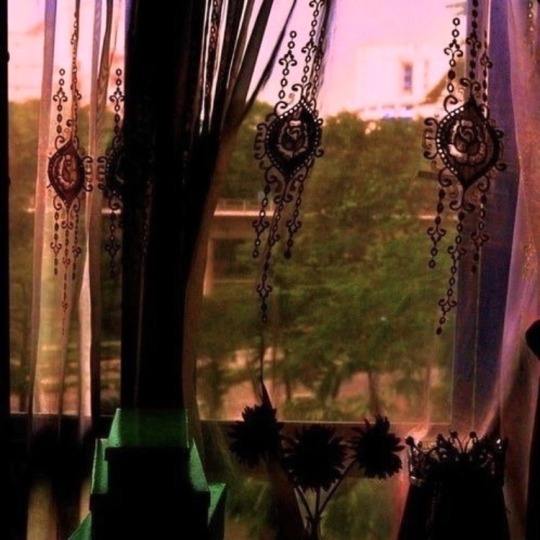
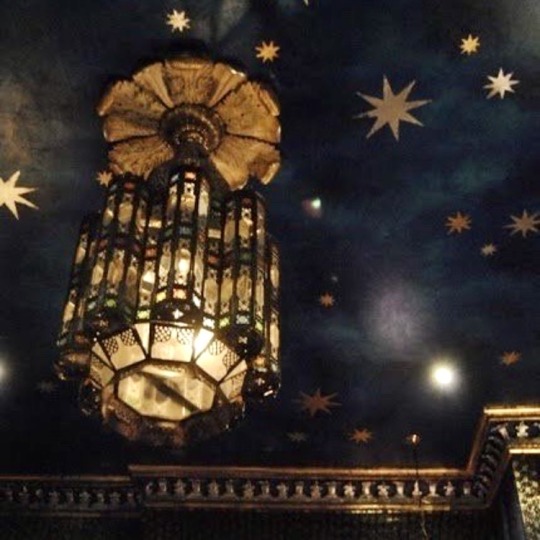
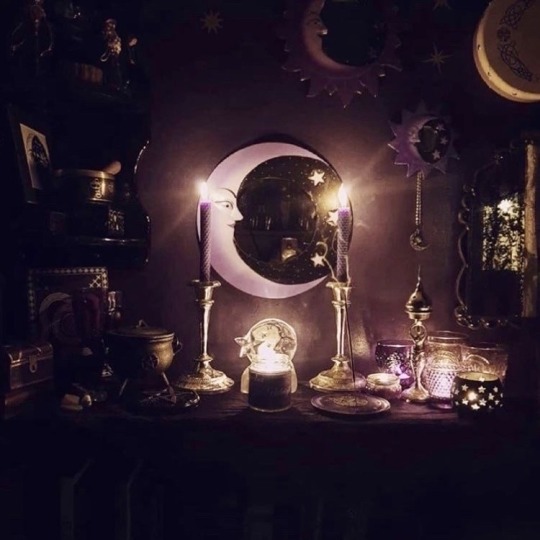

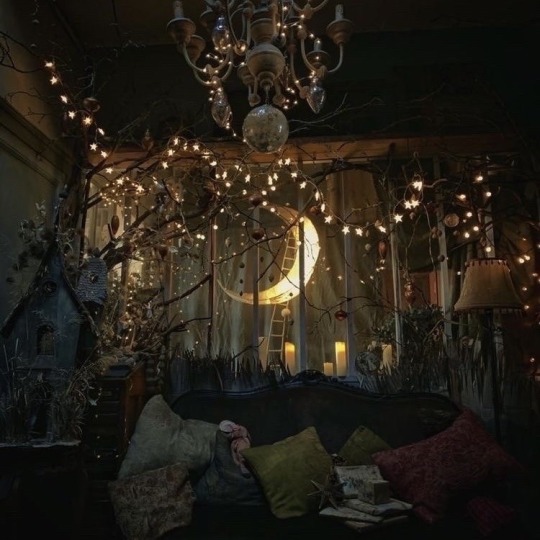
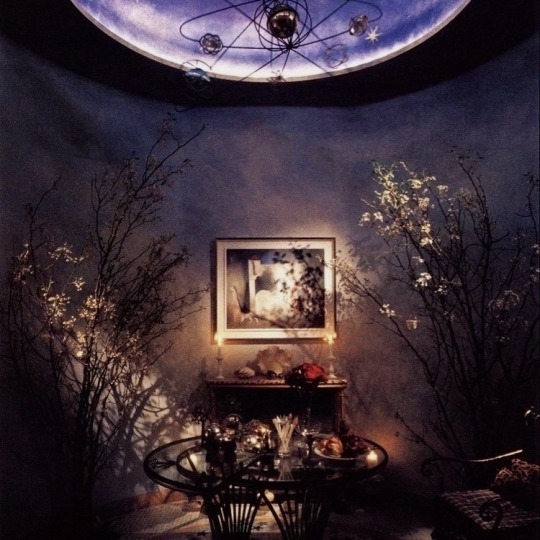
#whimsigothic#flowers#flowercore#warmcore#interior#moon#witch aesthetic#plants#stars#cozycore#cute#gothic#whimsical#warm aesthetic#witch altar#altar setup#crescent moon#hippie#dark purple aesthetic#purple aesthetic#mood board#types of witches#whimsical witch
6K notes
·
View notes
Text
A note on magical practice
There are a lot of different methods of practicing magic out there. There’s even types of magical practice that are mainstream. This is my two cents on what magical practice should be:
- Self expression: magic is an art and art has many avenues and every day, someone discovers a method that speaks to their soul. That is their source of power. I’m very tired of hearing and seeing it said that someone is or isn’t doing something right because they perform something differently.
- Unique: “Magic can change forms but never be destroyed. Each form is unique like a snowflake” Rumpelstiltskin said this on Once upon a time. This is true. Everyone has their own unique skill set and how they conjure magic shouldn’t matter to another person.
- Communal: Magic is about community. A community is not defined by societal norms. It’s about what you can contribute to the whole. Share your knowledge. Expand your knowledge. Add bits and pieces from other people’s paths if it feels right to you (do so respectfully of course).
- Craft: Break away from the main types of books. Try to imagine what it would be like to use things you see in fiction. For a lot of people, they want the superpowers they see in fiction. Will these powers work on such a grandiose scale as portrayed, probably not. However, there is nothing stopping us from finding a way to make them work on a smaller scale. Embrace the weird. In some parts of the world witches and magical practitioners are called “weird wo/men”. Embrace that and own your strength.
- Change the world by being yourself: let no one (that includes me) tell you what to do with your power. If you want to make artwork that moves or sing songs that charm people or conjure creatures from stories, do it and do so unapologetically.
This is my two cents, walk the path in your own way and embrace your inner magic.
8 notes
·
View notes
Text
Types of Witches Part 3


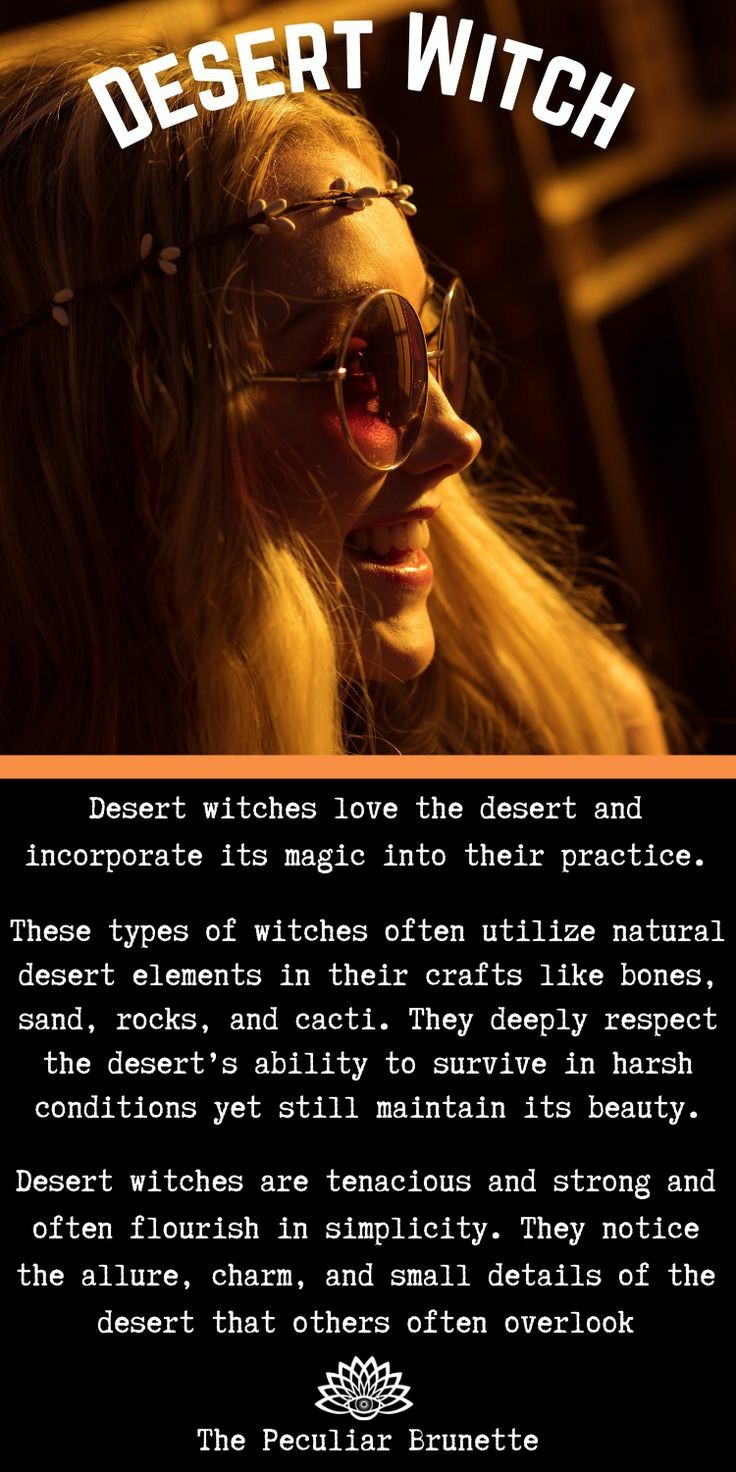

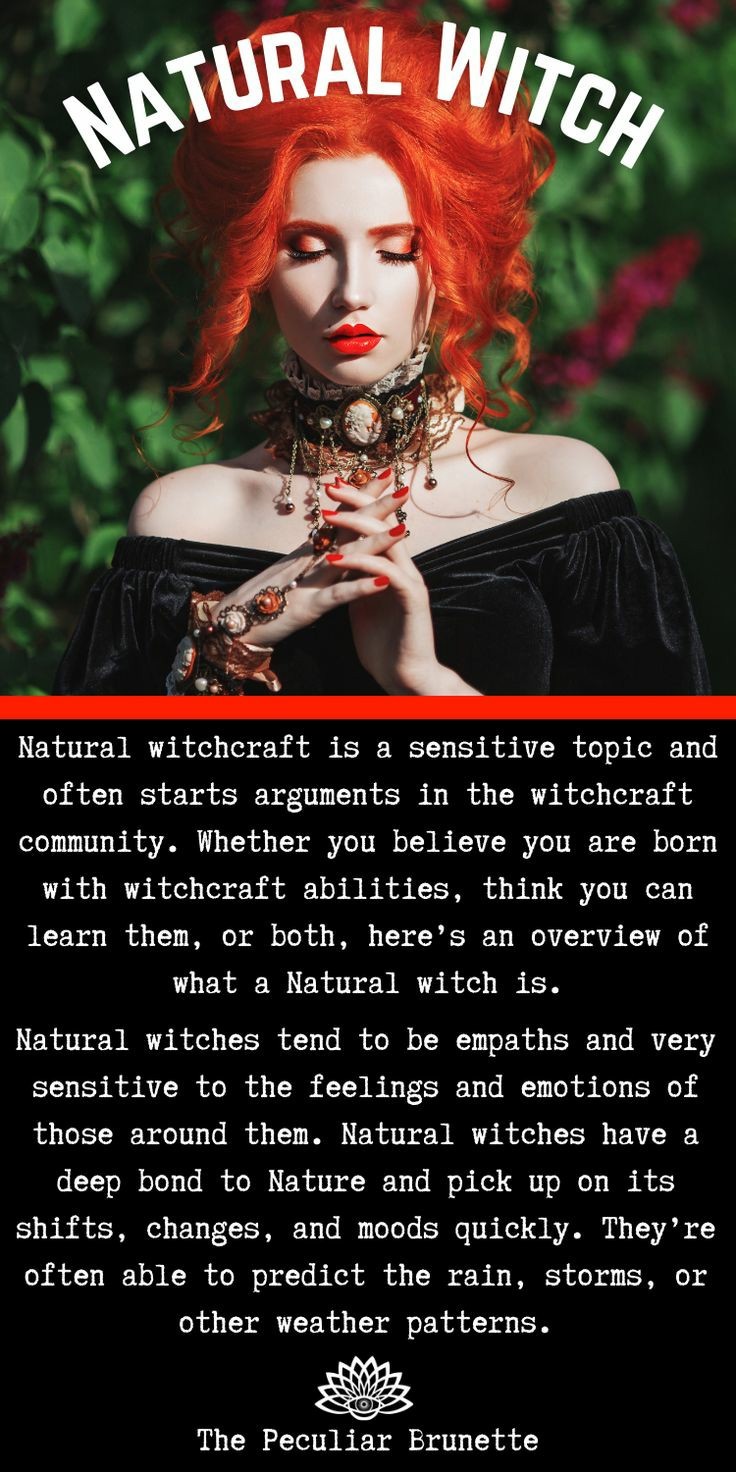

84 notes
·
View notes
Text
Types of Witches Part 2







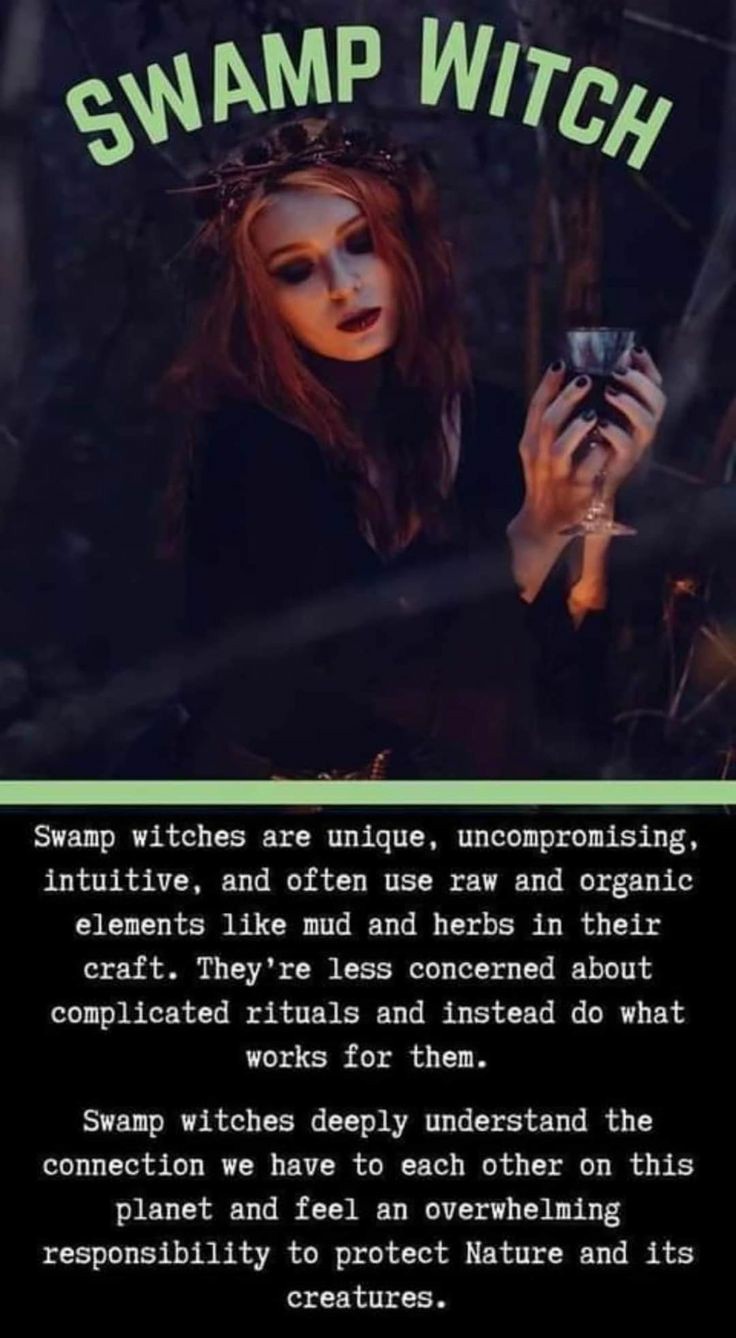


142 notes
·
View notes
Text
Meritocracy and Contemporary Witchcraft

-> What is Meritocracy
From the dictionary:
‘Government or the holding of power by people selected on the basis of their ability.’
Meritocracy is a political system in which power is vested in people on the basis of talent, effort, and achievement, rather than wealth or social class.
This is an important word to keep in mind - specially in more contemporary contexts of Witchcraft. Like in governments, the idea that there are no other influencing factors that account for one’s talent, effort or achievement is botched - furthermore, the extremely social and cultural indicator of what is merit wise also comes into play.
Transfer those factoids into Witchcraft and you have a very present discussion of hierarchy and idealization over the practitioners - creating, in a subtle or unsubtle way, depending on the community, a vertical view of the practitioners skills, abilities and what they practice.
An example of this is that in some circles kitchen craft (such as spell jars, teas and mixes) can be seen as inferior to curses or deity work. More in depth and vertically, recently there have been discussions of deity workers that feel less for not being God spouses and so on.
These examples show that there is an innate view of hierarchy and merit inside the community, and as such I felt the need to talk about diversity, from the “mundane” view of Psychology and its effectivity in Witchcraft.
->Types of intelligence and Types of Witches
In 1983, Gardner developed his theory of Multiple Intelligences - this theory expands the concept that there is a perfect and specific mold needed to be considered “smart” , and as such acknowledges that each individual has (either through nurture or nature) an affinity for different types of actions, practices, and knowledge.
The number of intelligenes known vary, there are models with 8 or 12 types, but the most known ones are:
Linguistic intelligence (“word smart”)
Logical-mathematical intelligence (“number/reasoning smart”)
Spatial intelligence (“picture smart”)
Bodily-Kinesthetic intelligence (“body smart”)
Musical intelligence (“music smart”)
Interpersonal intelligence (“people smart”)
Intrapersonal intelligence (“self smart”)
Naturalist intelligence (“nature smart”)
When filling what part of the brain is used and what affinity an individual has, we can find a similar concept in the infamous Types of Witche, that are too many and too diverse to accurately list.
This concept has been the cause of some headaches for new and more experienced practitioners alike, why?
-> Because, there is a certain moment where rotulation stops being helpful in finding a community and related content and starts being limiting. Just like the intelligence types, rarely an individual will solely have one affinity, and as such, why limit their experience and essence in a word when the World can be broader and more colorful than that.
-> Innate vs Acquired and Nurture vs Nature
Here we find an age-old discussion - the Innate that accounts for subjectivity, past lives and geniosity versus what is learned through interaction, acquired knowledge, culture and effort.
The point is, all individuals have something that is inherited (genetics, past lives, talent) and things we acquire - both come together, and as such, it is difficult to separate what makes someone skilled in their craft.
For example, there can be an innate practitioner that has some strong talents, but has decided to never breach witchcraft nor deepen it versus a practitioner that had almost no inherited craft related things, but spent years of their life studying and practicing.
Which one has the most merit?
If you answered none, you’re correct - both decided to follow different paths, and as such, comparing such subjective experiences and choices is unfair and almost inhumane. There can be admiration, but one shouldn’t place an hierarchical view based on effort when one hasn’t lived what the other has.
-> Conclusion: Agency over your own narrative
As you can see, the topics approached were quite open, with the intent to offer some insight and luckily bring a more diverse point of view of your practice as well as of others.
The point here is that, at the end (and Fate notwithstanding) we all have an Agency of our own narrative. Be it to improve innate elements or breach new ones - Witchcraft offers us that breath of fresh air that can be directioned wherever we want to, and as such, limitations, comparatives and the such serve only as obstacles to ourselves as well as taint our view of others.
Be curious, be cautious and be respectful.
58 notes
·
View notes
Text
Today’s Witchcraft Prompt
What type witch are you?
- Submitted by @athenadevote

215 notes
·
View notes
Text
Witchcraft
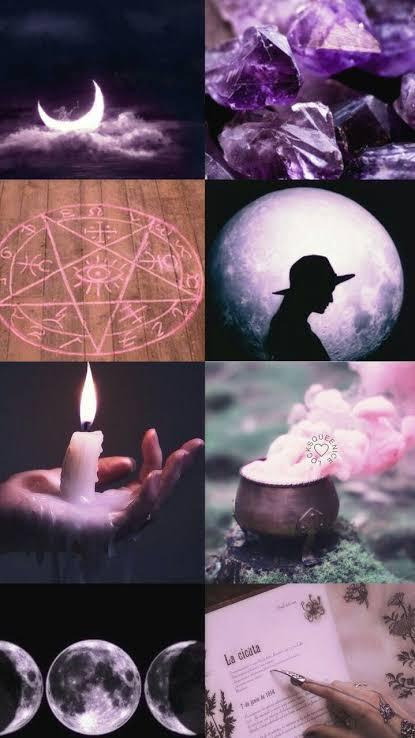
11 notes
·
View notes
